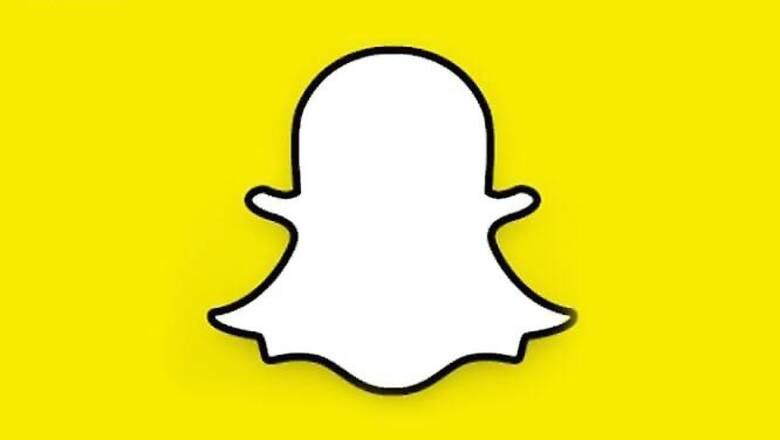
views
Washington: Snapchat interactions are associated with more enjoyment and positive emotions than Facebook and other social media, according to a new study.
Snapchat is a mobile application known as a form of "ephemeral social media," which are platforms displaying shared content for a limited period of time (eg, 10 seconds).
"On the surface, many people view Snapchat as the 'sexting app,'" said Joseph Bayer, a doctoral candidate in the Department of Communication Studies at the University of Michigan and the study's lead author.
"But instead, we found that Snapchat is typically being used to communicate spontaneously with close friends in a new and often more enjoyable way," he said.
"At the same time, Snapchat interactions were perceived as having less social support than other social media. These findings open up important questions about the benefits and costs of different social media," he said.
Bayer and colleagues recruited 154 college students who used smartphones. The study used "experience sampling" - which measures how people think, feel and behave moment-to-moment in their daily lives - to assess the participants' well-being by texting them at random times six times a day for two weeks.
Researchers found that Snapchat interactions are associated with more positive emotions than Facebook and other social technologies.
Simultaneously, Snapchat interactions are viewed as less "supportive" than other types of interaction, including Twitter, texting, email, calling and face-to-face.
Bayer and colleagues also investigated what aspects of Snapchat use might cause the increased emotional reward. Their findings suggest that reduced "self-presentational" concerns are a major reason, such as not worrying if shared pictures seem ugly or conceited.
"Since Facebook has become a space for sharing crafted big moments such as babies, graduations and birthdays, Snapchat seems to provide users with a distinct space for sharing the small moments," said Bayer.
In addition, participants reported focusing more attention on Snapchat messages than archived content on platforms like Facebook, which may contribute to the increased emotional reward.
Bayer said one surprising finding that emerged in follow-up interviews was that participants viewed Snapchat as similar to face-to-face conversations because they were mundane, not recorded and typically occurred with close relationships.
The study appears in the journal Information, Communication & Society.




















Comments
0 comment